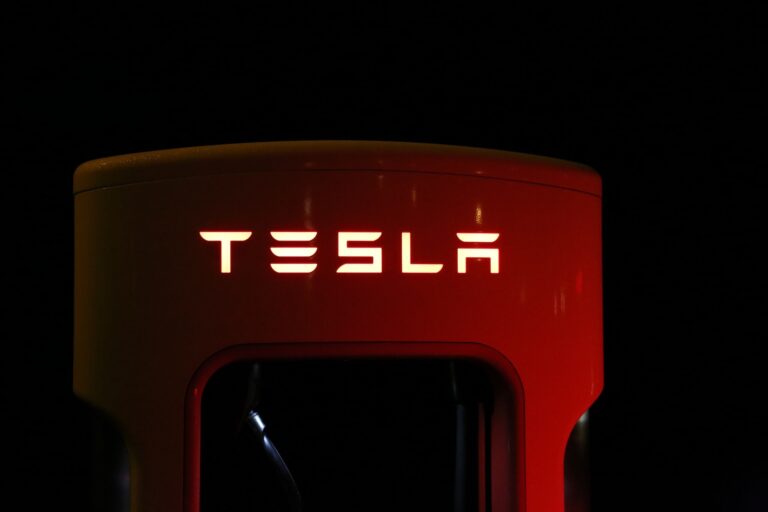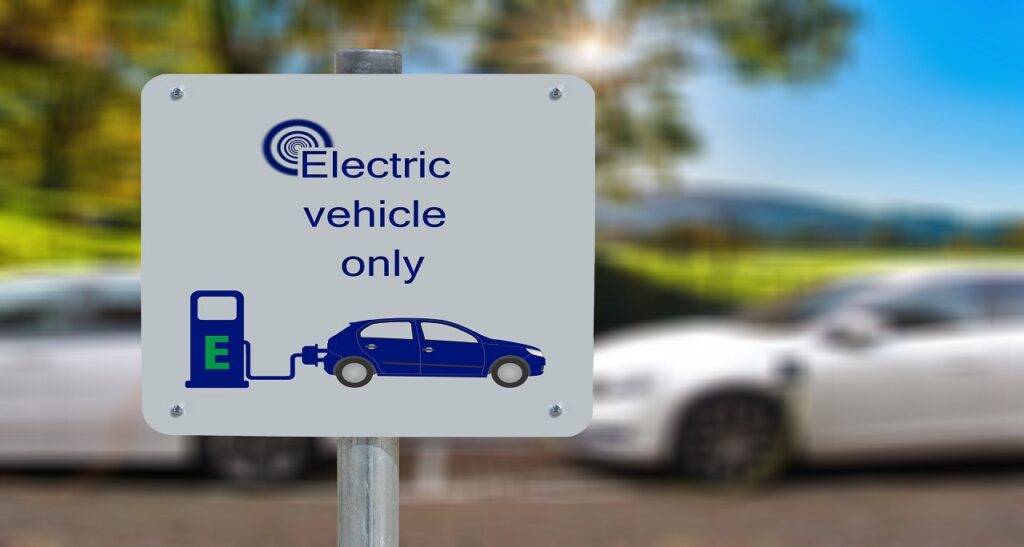Fluctuations in global oil prices lead to changes in fuel across the globe. These fluctuations are caused by factors such as political events that shake up the oil industry, the discovery of new oil fields, and improvements in the technology for extracting crude oil. Like all products, oil prices are also influenced by the law of supply and demand.
While wars influence the global economy, the Russian invasion of Ukraine seems to have a bigger impact on oil prices than most recent wars. Being the second-largest oil producer in the world, the war in Ukraine was bound to affect oil prices.
Sanctions imposed on Russia by the West have led to plummeting stock prices and disruption of global markets leading to high oil prices. As the US and Europe seek new energy sources, commuters are feeling the heat of high transportation costs as oil prices continue to soar.
Owners of EVs are not as affected as their combustion engine car counterparts. The demand for EVs has gone up in the United States and some European nations. Unlike Europe where most countries have invested significantly in public transportation, US commuters majorly rely on personal means for transportation. Hence, Americans are more affected by increased fuel prices.
Will these fluctuations affect the adoption of EVs?
Definitely yes. The main reason why the global transportation industry is highly affected by the war in Ukraine is over-reliance on fossil fuels. It is time to embrace renewable energy. Most EV makers are supply-constrained due to increased demand. The war is expected to push the demand higher.
EV giant Tesla estimates its Austin, Texas Gigafactory will produce more cars annually than Ford and General Motors make combined. Tesla is also constructing another Gigafactory in Berlin to increase production.

Challenges
Just five years ago, EVs were heavily criticized for their high costs and efficiency as compared to combustion engine vehicles. Now many people are starting to believe in electric cars. It is hard to talk about EVs without mentioning Elon Musk. Since becoming the CEO of Tesla in 2008, Musk has done a tremendous job to push EV adoption through the development of efficient and affordable cars. Notwithstanding, skepticism over EVs is still a challenge.
The issue of infrastructure is a real challenge facing the adoption of industry. Sufficient charging stations are necessary to power electric cars. Also, some countries do not have enough electricity supply to power their industries, leave alone charging cars.
Notably, we still rely on fossil fuels to generate electricity, and therefore some of the EVs in operation indirectly contribute to global warming – counterproductive right? This will continue for a while before we can generate enough electricity from renewable sources. The global electricity output from renewables stands at 28%.


This will affect the economy of Kenya due to high taxes
Yes it will